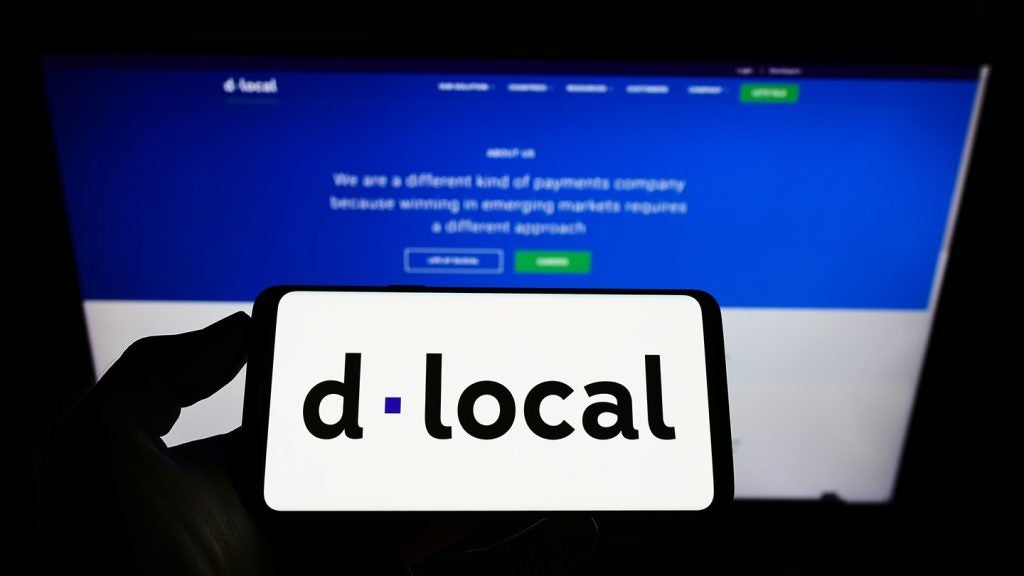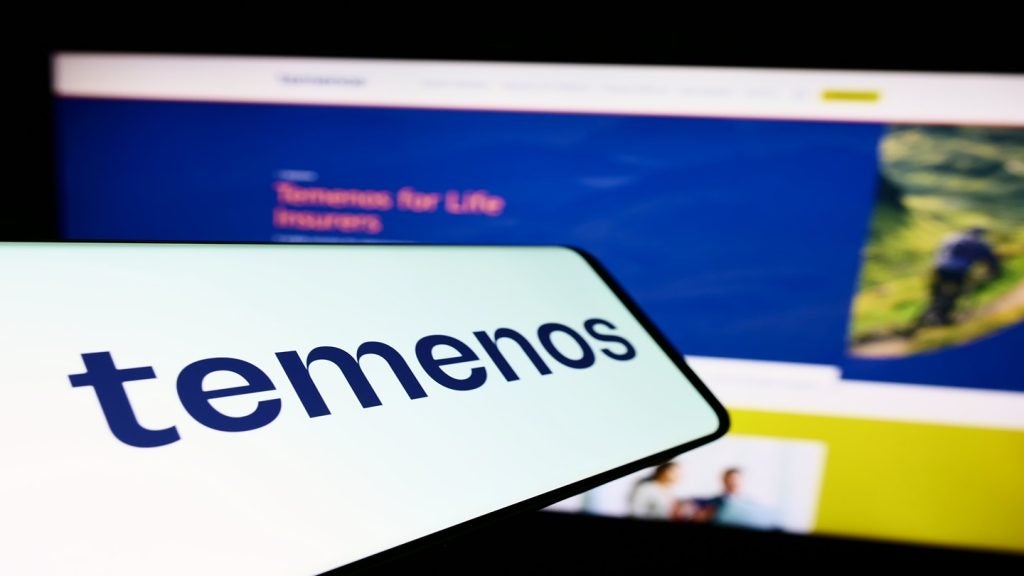One sector that appears to
have bucked the downward trend of card spending is that of
corporate cards, which have enjoyed a rise in popularity as
companies take an aggressive approach to controlling costs.
CI looks at the major programmes to have seen an uplift in
recent months
 Budgeting, cost control, greater efficiency. This is
Budgeting, cost control, greater efficiency. This is
the mantra that corporate and commercial card managers around the
world are repeating to their clients as businesses and corporations
attempt to slash outgoings and trim costs in response to the global
economic upheaval of the past two years.
It is a mantra that appears to be
having the desired effect, because in stark contrast to the rest of
the card world, corporate and commercial cards have actually
enjoyed a boon in popularity, spending, issuance numbers and
uptake.
One only needs to look at Visa
Europe’s 2009 results to see how corporate and commercial cards
have gained in the current environment.
In 2009, the number of cards grew
by more than 9% to exceed 11m – in the UK, card numbers went up by
more than 11%, and in several other countries such as Finland,
Malta, Switzerland and Turkey, growth rates were in excess of
20%.
How well do you really know your competitors?
Access the most comprehensive Company Profiles on the market, powered by GlobalData. Save hours of research. Gain competitive edge.

Thank you!
Your download email will arrive shortly
Not ready to buy yet? Download a free sample
We are confident about the unique quality of our Company Profiles. However, we want you to make the most beneficial decision for your business, so we offer a free sample that you can download by submitting the below form
By GlobalDataGiven that a large proportion of
commercial card use is in the travel and entertainment sector,
overall spending volumes remained constant, and according to Visa
Europe, indicate that such solutions are “very well positioned for
the economic recovery.”
Efficiencies in the public
sector
The UK public sector in particular
is at risk of further cuts in budgets and spending as the main
political parties gear up to fight an imminent general
election.
Having already been battered by the
global economic turbulence of the past two years, many public
sector authorities have ramped up cost-cutting procedures and
implemented tighter monitoring by rolling out corporate card
programmes.
Probably the best-known programme
in the UK is the GPC (Government Purchasing Card) Visa programme,
which was launched in 1998 and now comprises over 1,700 GPC Visa
programmes across the UK, representing a total of nearly 41,700
cards.
In January 2010, Visa Europe
announced that the programme had saved the UK government over £860m
($2.3bn) through increased efficiency in the 12 years since its
launch.
Over £1bn was spent on GPC Visa
cards in 2009 alone, the highest amount of annual spend since the
programme’s launch and equating to £186m in cost savings.
According to Visa Europe, the
solution delivers proven savings of £28 per transaction by cutting
administration costs and driving efficiency.
Rolling year-end spend on GPC Visa
cards was just over £1bn in 2009, a rise of 8% compared to
2008.
There were a total of 6.64m
transactions in 2009, representing a rise of 13%.
Jonathan Holden, vice-president and
head of government services at Visa Europe, said: “GPC Visa is the
proven solution for UK government procurement and has been
delivering benefits to public sector buyers for more than a
decade.
“In the current economic climate it
is more crucial than ever to drive efficiency and faster payments
when managing public money. GPC Visa has consistently been shown to
save organisations time, money and paperwork.”
Visa Europe is also a big proponent
of using corporate payment solutions as a way of injecting
additional liquidity into local economies.
It recently commissioned research
to evaluate the level of liquidity that could be achieved in the UK
economy if more public sector payments were made using GPC
Visa.
The research showed that up to
£14.3bn in additional liquidity could be injected into the national
economy if central and local government and the National Health
Service (NHS) made full use of GPC Visa.
Indeed, in the GPC Visa annual
report for 2008 (the 2009 annual report was not available at the
time of going to press), data showed that central government makes
the greatest number of transactions, but its proportion of total
GPC Visa transactions – at 52% – is lower than its proportion of
spend.
By contrast, local government’s
share of transactions is nearly 47%, meaning that average
transaction values are higher in the central government sector.
This continues a historical trend, due to the fact that central
government has more mature schemes in operation as well as a higher
spend profile.
The picture is a little different
in the NHS. Despite the fact that the NHS accounts for some £11bn
in spending per annum, its use of GPC Visa has so far been
relatively low.
However, those GPC Visa schemes
which are operated by the NHS generate an average transaction spend
which is broadly consistent with that of the current local
government spend.
This suggests that the GPC Visa
schemes which are in operation are performing well – and perhaps
indicates the significant level of future potential for GPC Visa
schemes in the NHS.
Corporate payment
innovations
 In other areas, Visa Europe is placing more emphasis
In other areas, Visa Europe is placing more emphasis
on the provision of corporate and commercial card solutions by
positioning them as budget control tools which are all the more
relevant during difficult economic times.
Visa Europe has been working to
extend business-to-business acceptance, procure-to-pay solutions,
and supplementing existing information management options with new
solutions.
One innovation in 2009 came with
the launch of a corporate card in conjunction with UK issuer
Barclaycard – the card, issued to employees of business consultancy
Deloitte, allows them to remotely access their company IT system
via a virtual private network, and also incorporates a keypad and
LCD screen to allow cardholders to enter their PIN and generate a
one-time use passcode.
One of Visa Europe’s areas of focus
for 2009 was the development of the Visa Intellilink Expense
Management Tool, its new bespoke data management system.
In addition, it partnered with
independent company PCCL to provide a stand-alone service – called
eSolutions – that is exclusively available to Visa Europe issuers
and their business customers. The solution has already been
approved by the UK government to support its new framework contract
for commercial cards.
MasterCard is also ramping up its
activities in the corporate card space, having significantly
boosted its presence in the sector with the acquisition of
Orbiscom’s inControl technology platform in 2008. inControl allows
cardholders to set spending controls and receive real-time
information about their accounts.
Although inControl was originally
offered in the corporate space, it was announced in January 2010
that MasterCard inControl is now being utilised by Barclaycard.
Barclaycard customers will be able
to go online and set personalised controls and budgets, SMS alerts
or emails to tell them when they have reached a budget or control
set on their credit card. Controls can be set to trigger an alert
or block a transaction made online or abroad.
And in February 2010, MasterCard
teamed up with Fifth Third Bank of the US, which has over $113bn in
assets, to offer inControl to Fifth Third’s commercial clients.
The bank will be offering a form of
the service known as Purchase Control to its clients, offering them
enhanced global controls and increased transaction security.
According to MasterCard and Fifth
Third, the seamless integration of the Purchase Control application
into existing corporate financial infrastructures will enable
improved transparency through spend controls, comprehensive
administrative tools, enhanced transaction reporting and
reconciliation capabilities that may reduce supplier misuse and the
risk of card fraud.
MasterCard’s Purchase Control
allows organisations to:
“Against the backdrop of an economy
where corporations are seeking to find the best ways to efficiently
track their spending while ensuring transparency, security and
compliance, MasterCard’s Purchase Control is the application that
our commercial clients are looking for,” said Jeff Ficke, senior
vice-president and director of treasury management for Fifth Third
Bank.
Increased pace of corporate
solution M&As
Perhaps a better indicator of the
strength of the corporate card sector was the news in December 2009
that Canada’s BMO Financial Group had acquired the Diners Club
North American franchise from US banking giant Citigroup, which has
been looking to divest assets to shore up its balance sheet.
This was the latest in a series of
acquisitions in the corporate card and solutions space, following
American Express’ acquisition of GE Money’s Corporate Payment
Services in 2008, an equity stake in online booking and expense
company Concur and a sole supplier agreement with travel operator
Carlson Wagonlit.
The acquisition gives BMO, already
the seventh-largest corporate card provider in North America, the
exclusive right to issue Diners Club cards, which are currently
primarily used in the travel and entertainment sector, to US and
Canadian corporate customers, and adds around C$7.8bn ($7.6bn) in
transaction volume to BMO’s travel, entertainment and purchasing
card operations.
The acquisition of the Diners Club
franchise gives BMO a greater reach into the corporate client
segment, complimenting its existing travel and entertainment card
programme and making it easier for the bank to set up accounts for
multinational organisations and service customers around the
world.
Part of BMO’s rationale for
acquiring the Diners Club franchise was the existence of the
latter’s loyalty programme and the data that can be mined from it,
allowing BMO to fine-tune its offerings to the corporate
sector.
Elsewhere, Scandinavian companies
are demonstrating increased interest in corporate solutions.
In January 2010, it was announced
that First Card had ordered over 30,000 Todos card terminals for
corporate customers in Denmark and Norway, in addition to the
150,000 devices already in existence in Sweden, while Swedish
banking group SEB has also ordered 10,000 Todos terminals in
conjunction with its partner Oberthur Technologies.
In China, although the corporate
card market is still considered a nascent one, there has been
significant uptake in the travel and entertainment sector, driven
by the potential cost savings Chinese banks can leverage.
Visa and MasterCard have already
begun issuing corporate cards in conjunction with their Chinese
bank partners, but government regulations stipulate that the
national bankcard network, China UnionPay, must have its brand
displayed on all cards issued in the country.
Based on 2007 data, it is estimated
that out of the 90m credit cards in issuance, around 500,000 were
classed as corporate cards, representing transaction volume of
around $600m. However, growth rates for card numbers have been
rapid – in 2005, only 20,000 corporate cards were in existence.
Numbers are set to rise exponentially over the next few years,
following encouragement from the Chinese government for usage of
the cards within government sectors and bodies, which are expected
to be mandated by the end of 2010.







